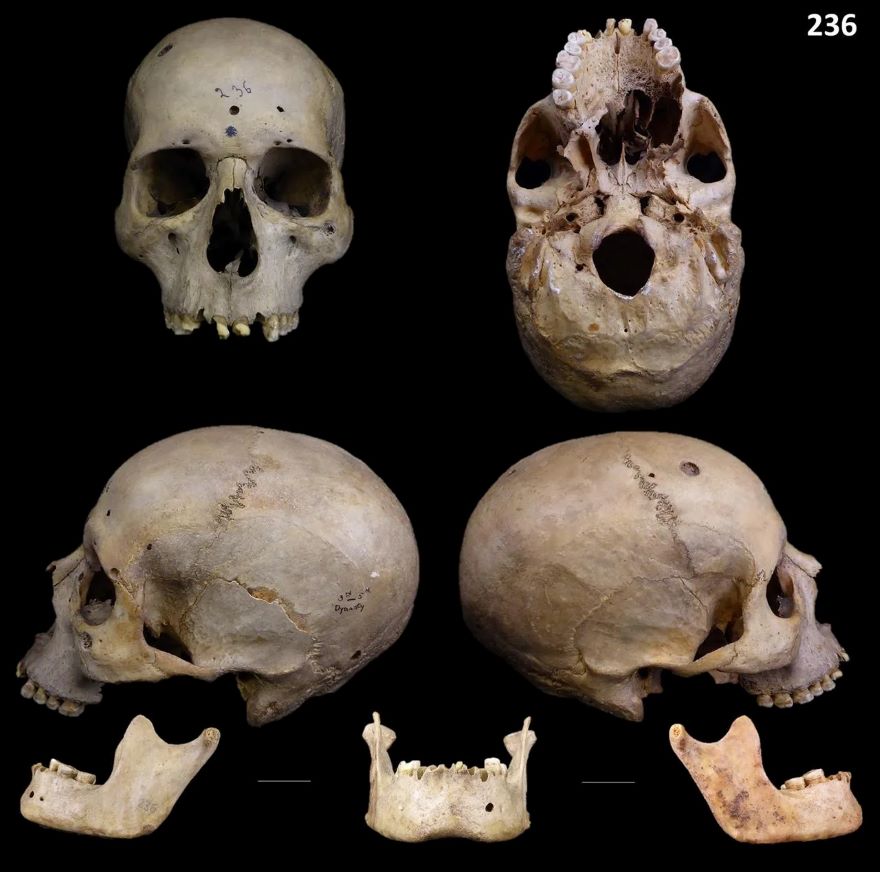How cancer was treated in Ancient Egypt
During their roughly 3,000-year-long civilization, ancient Egyptian doctors were esteemed as the best professionals at that time for their advances in medicine and there’s evidence that they may have even attempted to treat cancer.
A study published in the medical journal Frontier says the Egyptians performed oral surgeries and amputations, and that they sliced open boils and abscesses to drain them of pus. Although they admitted that cancer was incurable, they nonetheless didn’t stop trying to find a cure, a fact described in numerous ancient documents surviving to our days.
More to read:
Archeologists discover ancient site used by Egyptian pharaoh on march to expand his kingdom
Edgard Camarós, a paleopathologist at the University of Santiago de Compostela in Spain, and his team microscopically examined a skull order than 4,000 years from the Old Kingdom period. The skull, belonging to a male in his thirties, showed signs of nasopharyngeal cancer (a type of head and neck cancer), which the researchers already knew about. But they were shocked to discover cutmarks, likely made with a metal instrument, around three of the skull’s many secondary tumors.

Camarós believes this must have been the earliest-known attempt to treat cancer, or perhaps a postmortem autopsy to better understand the disease. Either way, Camarós says, it cannot be any other thing but a surgical intervention with a medical focus, which he calls “a milestone in the history of medicine.”
More to read:
How did ancient people clean their teeth?
He added that, though we tend to think of cancer as a modern disease, it actually long pre-dates human existence. “It has been with us since the very beginning,” Camarós says.
Camarós and his team examined a second skull as well, of a woman older than 50 who lived during ancient Egypt’s Late Period some 2,370 to 2,690 years ago. That woman also contracted cancer and likely died from it. But she had previously suffered cranial fractures, possibly the result of a violent attack, that Egyptian doctors seem to have treated successfully, the study found.
Medicine professionals
Thanks to several surviving medical papyri - as well as temple and tomb carvings and scientific examination of human remains - researchers have been able to glean much about medical practices in ancient Egypt.







